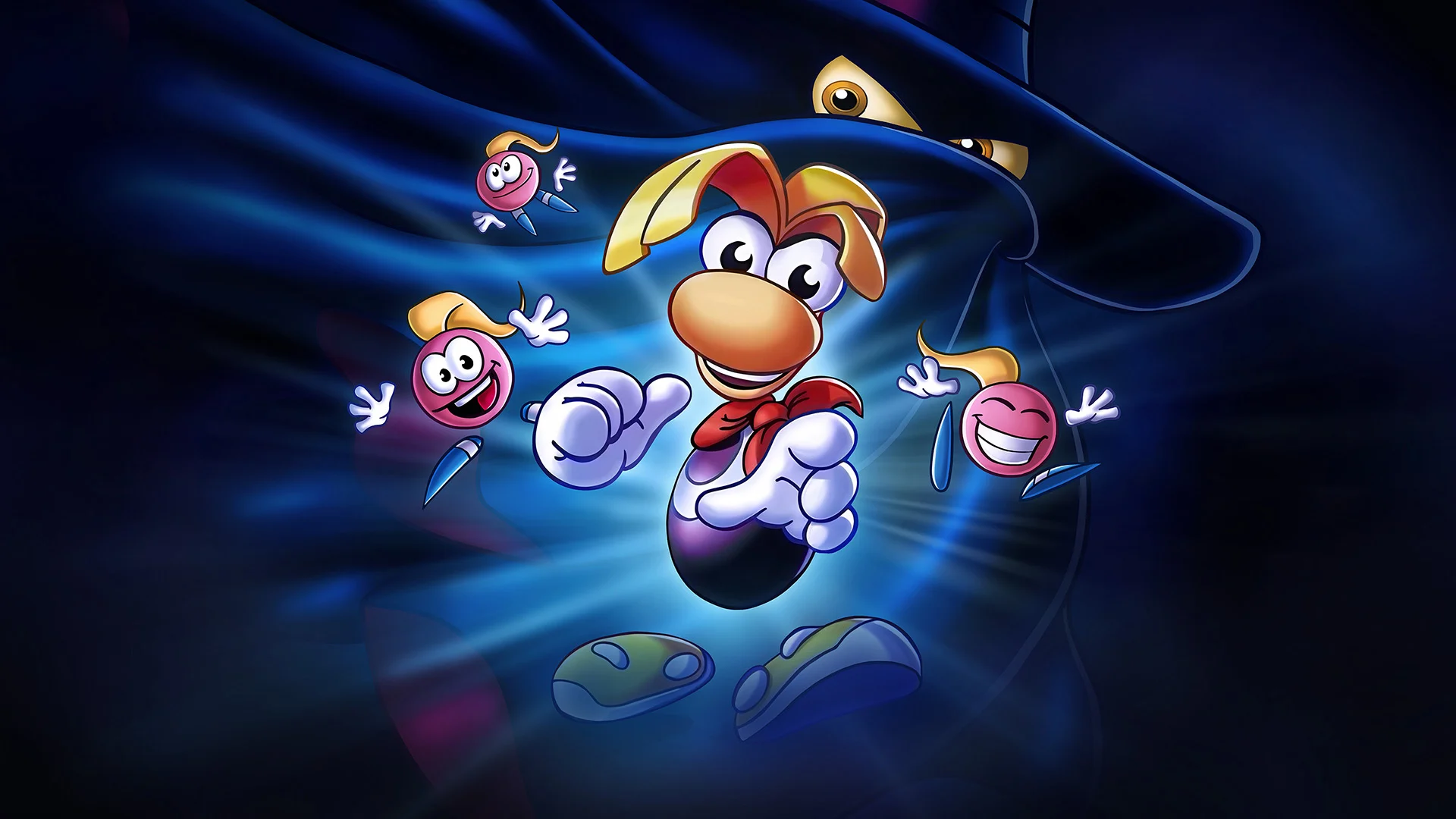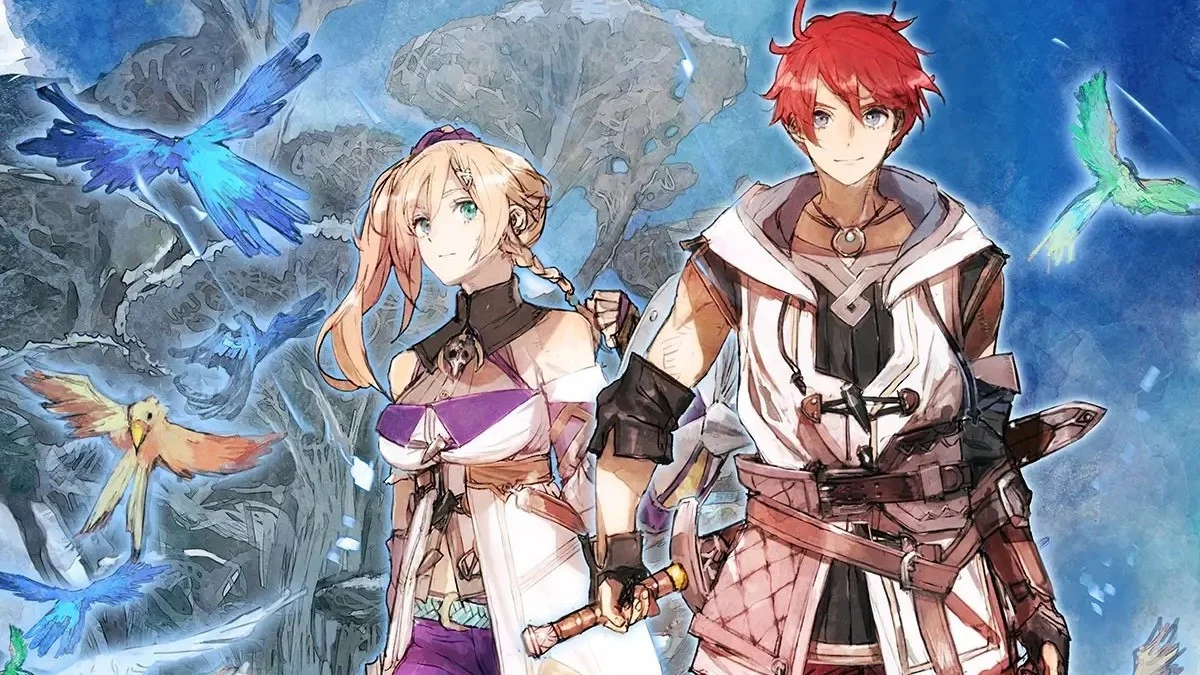Games often deal in choice and consequence, though rarely do so grounded in reality or make the options so seemingly small and simple. Usually it’s in some sort of fantastical setting with the choices being some extreme form of “good” and “bad,” nary a grey area in sight. Hardly riveting, let alone something to get invested in.
The Novelist does just the opposite. It’s set in reality following a struggling writer and his family over the course of a single summer, your job to influence his actions and ultimately decide the fate of his writing career and the well-being of his loved-ones. It’s a deeply profound story, rife with introspection and very tough decisions, which The Novelist carefully weaves together to create a story that’s greatly impacted by your actions.
It follows the Kaplan family, specifically Dan Kaplan, the titular novelist. He along with his wife Linda, and his son Tommy, have all gone on vacation in an effort to help Dan confront his dreadful case of writer’s block while working on his next big book. It’s also a chance for them to start over. The family’s begun to drift apart recently, this trip seen as a chance to reconnect with one another and get their lives back on track.
Your role in all this is as a ghost inhabiting the house the family’s moved into. Contrived, but it works. By reading their thoughts, reliving memories, and examining letters, notes, pictures, and such, you gather information to influence Dan’s actions. Whether that’s making him focus on his work or spending time with his family is up to you. Whatever choices you ignore, however, always carry heavy consequences.
Sending Dan to spend the day working on his novel may help him past the many roadblocks he runs into, but at the cost of placing him further on the fringes with his wife and child. Taking an evening off to pour a glass of wine, put on a record, and hang out with Linda for a while can help stabilize their marriage, just as making time for board games with Tommy helps father and son get back on good terms. Everyone has their own ideal plans, and it’s up to you to decide how best to go about meeting their needs. Dan can only fully commit to one thing, but he can make a compromise and meet his wife or son half-way on what they want to do. It doesn’t quite satisfy them, but it helps keep them happy all the same.
The choices you make carry a deeply introspective quality to them. It’s easy to imagine yourself in a situation where you have to choose between your family and your dreams, as for many people it’s a plausible scenario. This essentially turns each decision you make a reflection of your priorities, giving them extra weight and impact, especially as you grow invested in the family. In my case, I chose to focus on making Linda and Tommy happy since I generally put others before myself, for better or worse. Tried to fit in as much time for Dan to work on the book, but always sought to make sure the rest of the family wasn’t getting shortchanged. It’s not possible to achieve perfect balance between them all, but damn did I try.
Before you can make any decisions, however, you have to gather clues to get an understanding of what outcomes they all want. You go about your business by sneaking around the house, possessing light fixtures as a means of easily traversing the residence unseen. If you’re spotted, you may end up spooking someone, which locks you out of making compromises with them. Luckily remaining hidden is a breeze. All of the house’s lights are almost always turn on, meaning you always have a place to run to. And the few times lights get shut off, they’re mostly limited to low traffic rooms, amounting to little more than a minor setback. Even when you’re seen, you have enough time to make yourself scarce before they permanently become spooked for that chapter. It’s very forgiving. (You can also turn off the stealth element entirely, if you so desire.)
The only challenging part comes in sneaking up behind everyone to access their memories. Getting close to anyone always proves risky because of the family’s seemingly random movements. Seldom is it easy to find any of them alone, which makes those rare moments of solitude an opportunity not to be missed. From there, you delve into their minds, allowing you to walk about the house without fear of being seen. Here, you wander about looking for the person who’s mind you’ve entered to play out brief scenes from between chapters, as well as their reactions to how the last chapter played out to gauge their current attitude toward Dan. Reading these memories help form a picture of what each family member wants in addition the clues scattered throughout the house in the real world.
Notes and letters grant a far stronger look into these characters’ minds, though. Reading their thoughts only provides a cursory glance at their current state, whereas examining those scrawled in journals or letters between friends, business correspondents, and family develop these characters deeply. The anxiety of looming deadlines and fear of failure from Dan becomes crystal clear; the worry and despair of a marriage in dire straits always apparent in Linda’s musings. The excellent, sincere writing conveys these emotions marvelously, the splendid voice acting that accompanies their written thoughts only strengthening their prose.
When you’re finished investigating, it’s time to choose. Each one is tied to an item somewhere in the house. Once you’ve decided, the chapter ends, fast-forwarding to sometime late at night as the house sleeps. Here you’re able to make a compromise by selecting one of the other objects attached to each choice before whispering your directions to Dan while he rests. Then all that’s left is to sit back and watch things play out.
A slideshow of stills and text expound on the aftermath of your influence. As the scenes flash by with glimpses of joy and sadness, the somber, meditative piano score leaves to contemplate your actions and whether you really did make the right choices. It’s easy to feel convinced you have in the heat of the moment, but after witnessing the effects, it’s hard not to be left wondering what could have been. How things might have played out better if you had just chosen another path. That maybe you’d get that elusive happy ending for everyone if you’d done things slightly different.
By the end, I felt like I’d played a tangible role in shaping the course of the Kaplans’ lives. That the ending I got was a natural culmination of all the choices I made rather than something manufactured according to a checklist, even if that’s precisely how it works. Giving choice actual weight in games is tough, but The Novelist succeeds in doing so.








